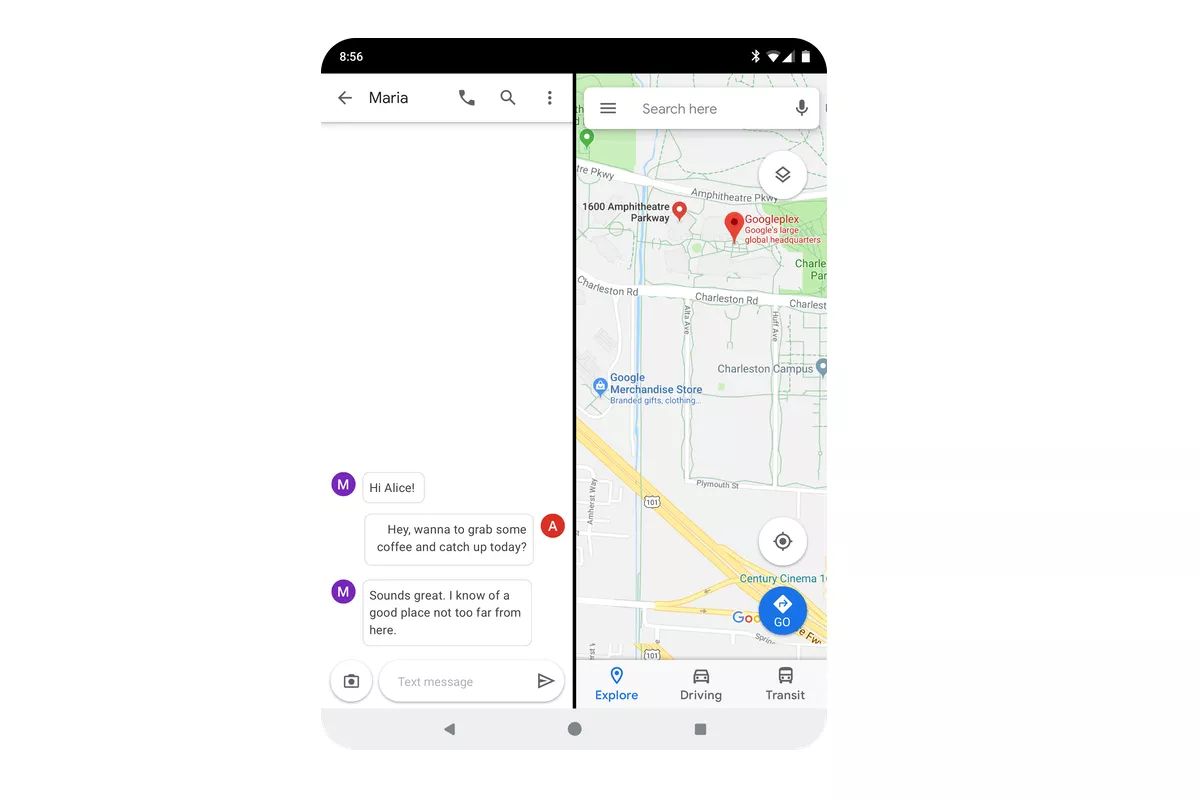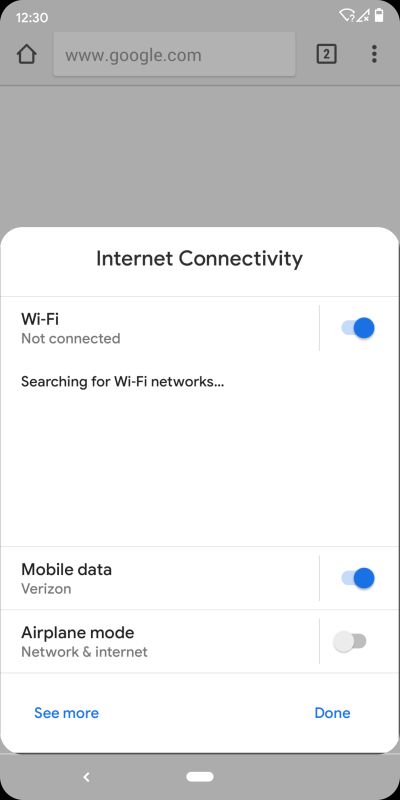Among the changes, support for the foldable display is a primary, if not major feature of the OS update. A feature that Google had initially promised nearing the end of last year. Clearly, the support comes in light of the launch of Samsung’s Galaxy Fold and Huawei’s Mate X foldable smartphones. Specifically, Android Q will bring better support for resuming and pausing apps and resizing for split-screen modes.
Android Q also features a new Settings panel layout. Giving developers instant pop-up access to a device’s Bluetooth, Wi-Fi, or NFC. All without having to exit a currently existing app and back. Moving forward, the OS update will also feature an improved share function. Basically, the new feature allows developers to pre-publish how their apps work with the share function. Meaning that the UI itself will load instantly, instead of having to build all the options of an app from scratch.
But of all the improvement to come with Android Q, the one major change to the OS is the additional privacy setting. Specifically affecting a device’s location access; with the OS, users will be able to limit apps to only pull localtion information while the app is in use. The Android Q beta is already available for download, but unfortunately, it is only for Pixel devices. Google has not said when it will make the build available for non-Pixel device, but it wouldn’t surprise us that it would only be closer to its annual I/O event. (Source: The Verge, Hot Hardware)

